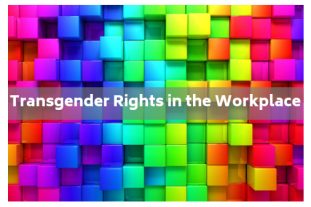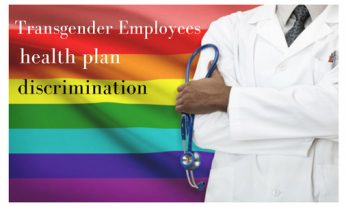 LGBT workers win big just days since the Trump administration put forth regulations denying health care benefits for Transgender Americans, literally denying the civil rights for patients who seek medical services. In a major contrast to the Administration’s view, however, the Supreme Court ruled that LGBTQ workers should be afforded the same protections as every other American.
LGBT workers win big just days since the Trump administration put forth regulations denying health care benefits for Transgender Americans, literally denying the civil rights for patients who seek medical services. In a major contrast to the Administration’s view, however, the Supreme Court ruled that LGBTQ workers should be afforded the same protections as every other American.
Discrimination on the Basis of “Sex”
At issue is the meaning of the word “sex” in discussions of discrimination. Under the Obama administration, provisions related to sex discrimination included issues related to gender identification. The current administration however, believed that the legal reality separated transgender people from others in terms of discrimination rules. That gave doctors the right to refuse to treat transgender people if they choose.
The LGBTQ Workers Supreme Court Ruling
It appears that the Trump Administration came into direct conflict with a Supreme Court ruling that affirmed federal laws stating that government must fully protect transgender individuals from discrimination. In a 6-3 vote, the court stated that employers cannot fire workers simply because they are homosexual or transgender. The ruling was embedded in the 1964 statute—Title VII of the Civil Rights Act–barring discrimination on the basis of several factors, one of which is sex. Conservative voices have contended that the law was written without transgender people in mind decades ago. However, as Justice Gorsuch wrote in the majority decision, “It is impossible to discriminate against a person for being homosexual or transgender without discrimination based on sex.” The landmark decision will provide a safety net for LGBTQ workers and individuals across the country, especially since only about half of states have protections for these individuals on the books. Notably, President Trump agreed to bend to the new ruling, stating that the court is very powerful, and the findings must be adhered to.
California Law
In California, the Fair Employment and Housing Act (FEHA) has protected the rights of Californian LGBTQ workers from employer discrimination for years. Gay, lesbian, transgender, and bisexual individuals may not be discriminated against when it comes to job applications and interviews, hiring, compensation, promotions, firing, working conditions, and opportunities in the workplace. In the event discrimination does occur, courts may rule that companies may be on the hook to address a number of issues, including:
- Past and future earnings;
- Attorney’s fees;
- Emotional distress;
- Punitive damages;
- Changes in company policies;
- Training to address discrimination issues.



